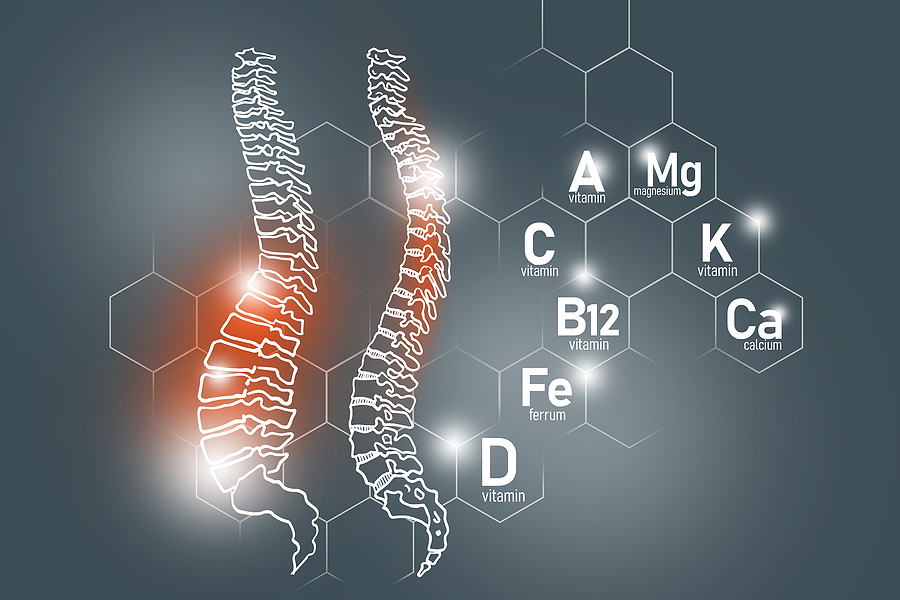The question is often asked, “How does chiropractic care work?” In this article we explore the functional and integrative aspects of chiropractic care and how this approach helps improve overall health, supported by scientific research.
What is Chiropractic Care? Chiropractic is a form of alternative medicine that focuses on diagnosing, treating, and preventing neuromuscular disorders, with an emphasis on manual therapy treatments, especially of the spine.
Scientific Evidence:
- Pain relief: A study in the Journal of Manipulative and Physiological Therapeutics showed that chiropractic adjustments are effective in reducing pain symptoms, especially in the back and neck.
- Improved Function: Research from the 'Spine Journal' found that chiropractic care improves functionality and promotes range of motion.
The Functional-Integral Approach: In a functional-integral approach, the chiropractor looks at the entire body:
- Holistic View: In addition to physical adjustments, attention is also paid to lifestyle, nutrition and stress management.
- Preventive Healthcare: Chiropractic is not only aimed at treating existing complaints, but also at preventing new ones.
The Role of Manual Therapy: Manual therapy, such as spinal adjustments, is a core component of chiropractic care. It helps correct misalignments and improve body function.
Chiropractic and Overall Health: Chiropractic care contributes to overall health by improving neuromuscular functions, which can lead to better sleep, more energy and a stronger immune system.
Chiropractic care is more than just a treatment for pain; it is a holistic approach that engages and promotes the entire body. By optimizing the spine and nervous system, it contributes to better health and well-being.
Would you like to learn more about how chiropractic care can help you, or are you ready to experience the benefits for yourself? Contact us for an appointment and start your journey to better health.
















